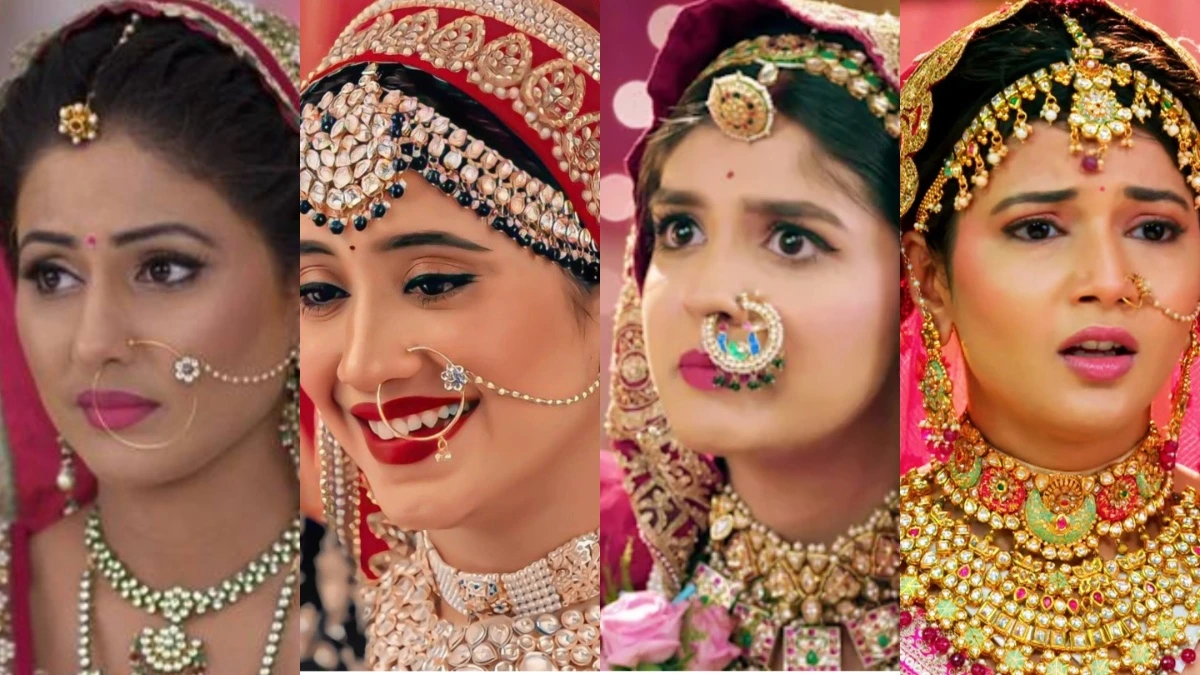Islamabad, July 25, 2025: India’s longest-running soap, YRKKH continues its legacy with fresh twists, family bonds, and a few dragging story lines.
Yeh Rishta Kya Kehlata Hai, one of India’s most iconic daily soaps, has been a television central element since its premiere in January 2009. With over 4,000 episodes aired, the show has grown from a simple love story between Akshara and Naitik into a sprawling generational family saga. Its ability to adapt through time, introducing new lead pairs like previously Kartik-Naira and now Abhira-Armaan relevance while staying rooted in Indian values of love, marriage and family.
READ MORE: Exit of a Legend? Kurulus Osman Faces a Throne Without Its King
The show’s enduring popularity lies in its deep emotional connection with the audience. For many households, it has become a ritual, watched by mothers, daughters and now even granddaughters. It offers viewers a sense of familiarity and routine, portraying everyday emotions and challenges within a traditional yet evolving family setup. Soap operas like YRKKH continue to thrive because they reflect the emotional fabric of Indian society, making audiences feel seen and understood.
Over the years, the show has also addressed contemporary issues such as mental health, women’s empowerment, remarriage, and the clash between tradition and modernity. These themes are integrated into the story line without losing the essence of the show, making it both entertaining and socially relevant. Despite its traditional setting, YRKKH has proven capable of evolving with changing times while holding on to the emotional depth that defines it.
READ MORE: Spy x Family Season 3: Laughs Fade, Darkness Rises
However, its length has also led to criticism, particularly for dragging out story lines and brewing plot points. Viewers often express frustration over slow pacing, repetitive conflicts and dramatic turns that feel forced. Yet, even during these phases, the show manages to recapture interest through major twists, new characters, and emotional high points. For many, it remains more than just a show it is a legacy, a habit and a reflection of the ever-changing yet deeply rooted Indian family.









